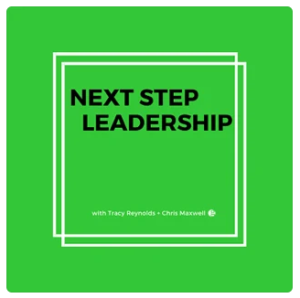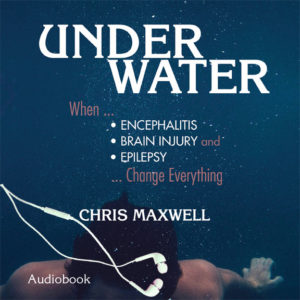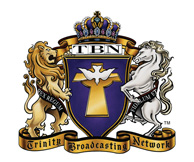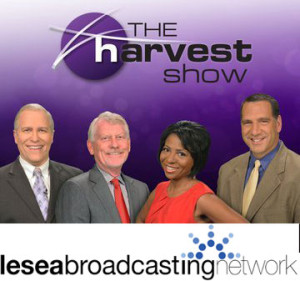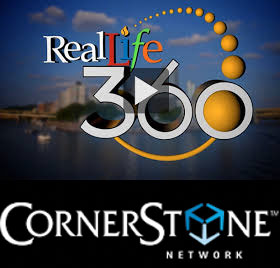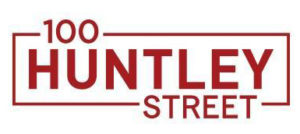Human beings are peculiar creations: what we are in any moment isn’t just what you can see or hear but an active, creative response to every moment that’s come before. Some of those moments are going to be joyful, and for some, those moments will be so violent as to leave scars that never disappear even if they heal. Sometimes we make our own moments as Joseph’s faithfulness in the house of Potiphar brings him to the court of Pharaoh. Sometimes the moments just happen to us, as Job’s horrible fate drops on him like lightning from a storm. But here’s the bottom line: the stuff of our life is the way we respond to the moments that have brought us to the moment we inhabit right here and right now.
We’re not merely creatures of the past, though: God has made us human beings future-pointed beings by nature. What I do now, whether I’m thinking about it or not, gives shape to the moments to come and to the ways in which I neglect or harm or–I always hope–benefit the neighbors who walk into my life.
I try to keep these realities about the human person in view whenever I teach my students at Emmanuel College. Every one of them is a person with a future, whose future involves strangers. And my conviction, what keeps me planning lessons and marking essays, is that they’ll be better neighbors and better friends to those neighbors precisely to the extent that they become better gifts to those neighbors.
One of real mysteries of theology, one that’s followed me through more than twenty years of formal study and personal reading, is that God does God’s work in the world through human beings, knowing full well what weak and fickle critters we are. More than twenty years in, I’m still not sure why that’s the case, but I know that it’s a fact. And the implications of that fact are that you and I and my students can be better gifts or worse gifts to our neighbors, and what kind of gifts we’ll be depends a great deal on how we live in the moments leading up to the moment of need.
And that’s why, when a student tries to tell me that doing this draft of this essay isn’t a matter of life and death, I respectfully disagree. It might not be, but you don’t know that for sure, and neither do I. It could be that the coworkers or the fellow-citizens or the congregants that surround you in a moment you haven’t seen yet are going to need someone around who can ask hard questions, examine complex realities without shrinking from their difficulty, or treat them as the wretched but beloved creature that they really are. Novels and philosophy books and rhetorical treatises are God’s gift to you so that you can be a good gift to them.
Of course, that kind of learning doesn’t even begin to touch the specialized education that an accountant or an engineer or a chemist or a high school principal undergoes so that God can give her as a gift to as-yet-unmet neighbors. Physicians and lawyers and preachers and professors who have learned well the specialized ways of a profession stand to be just the kind of gift that God gives, and if those folks can also do the kind of thinking that an educated citizen or congregant or teammate does well, the very Biblical word “blessing” might be just what we need to name that kind of life.
You shall love your neighbor as yourself, and for those studying, that means learning for the sake of that neighbor.
